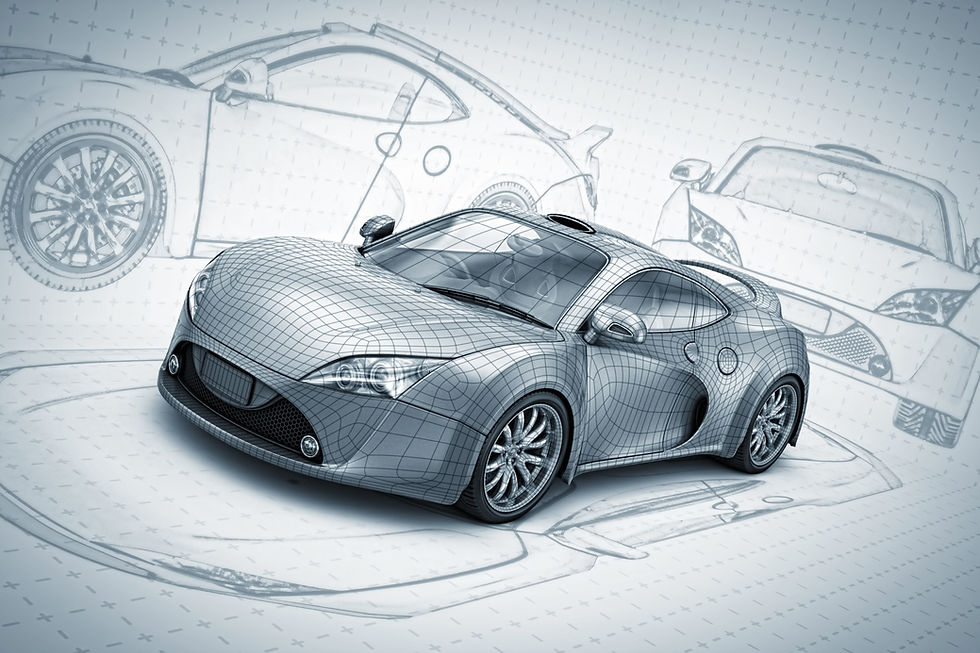The uptake of vehicle electrification could easily halve the vehicle markets of domestic and less developed European countries
- Tamas Rozsa
- Jun 28, 2024
- 2 min read

The development of vehicle electrification so far is charting a very different path in different European markets, according to an analysis published by Top Tier Consultants in 2024. If current electric car purchasing trends continue, achieving the desired overall 100% zero emissions in Northern and Western Europe by 2035 should not be a problem. However, the situation is quite different in the southern states and markets in the CEE region. Even if our car-buying habits continue, only 55% of domestic car sales would be electric by 2035.
To pinpoint the main reason as being lower GDP or disposable income in this country is a mis-simplification of the trends. Just as importantly, the price differential for EVs in Europe could be more than 30%, as the profitability of the products allows differential pricing by car manufacturers. However, the cost of producing electric cars is currently still so high that there is no price advantage for our less developed region (and the VAT differential may even make the situation worse in Hungary). Thus, with the lower purchasing power and price sensitivity of Central and Eastern Europe, a higher price differential would be needed to make the electric car transition. This is not a small problem, as a ban on electric cars could make 45% of the market impossible.
Overall, however, the European market would not shrink from 2023 to 2035, remaining at the current 15-16 million cars sold per year, only the current share of the more developed markets would rise from 69% in 2023 to 78% in 2035, while that of the less developed markets would fall to 22%. Car manufacturers are of course doing their utmost to bring down the cost of electric products, but recent commodity price rises and inflationary pressures will not allow this in the short term as previously hoped. In addition, car manufacturers do not stand to lose much financially from the market shift, at least not vitally, in terms of keeping their markets level at lower prices and at the expense of their profitability.
Operators and regulators in countries at risk need to act quickly to protect their markets. Market players have absolutely no expectation or motivation to extend the EU 2035 deadline, so we can take this as a fixed point. From then on, the most obvious solution for Hungary would be to develop a new support scheme with EU funding. It would also be conceivable if the new electric car companies setting up in Hungary were to gain market weight that would lead to a large-scale penetration of more affordable electric products. However, Top Tier Consultants predicts that the timeframe for this is beyond 2035.








Comments